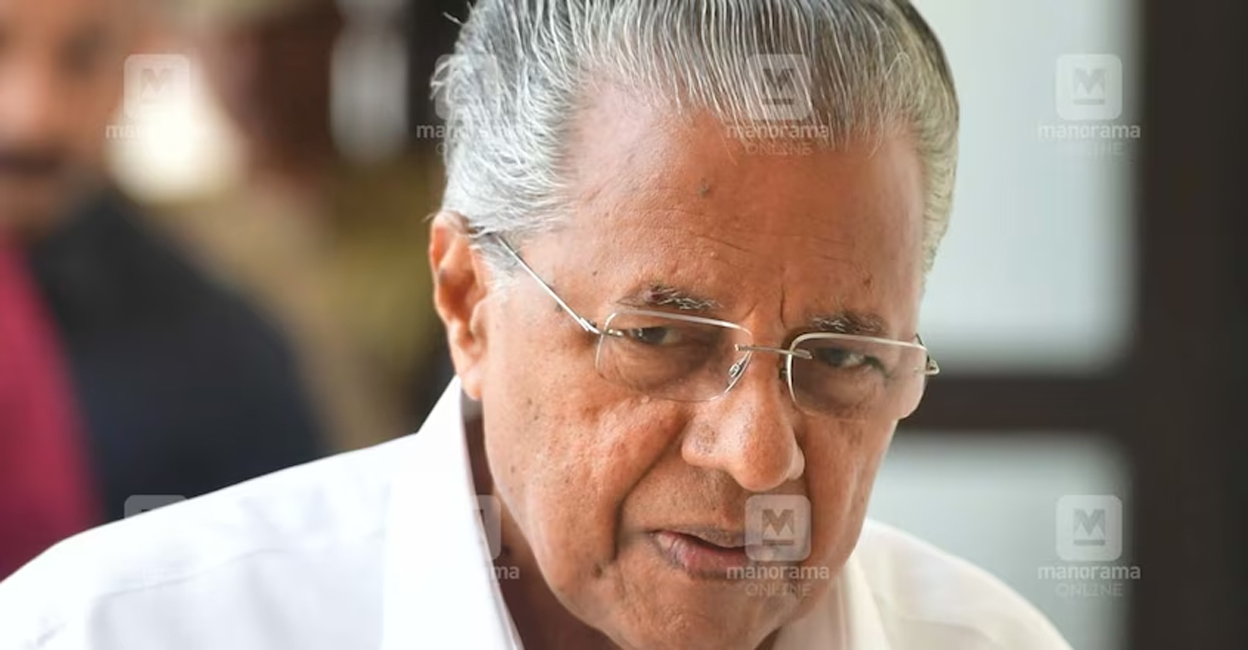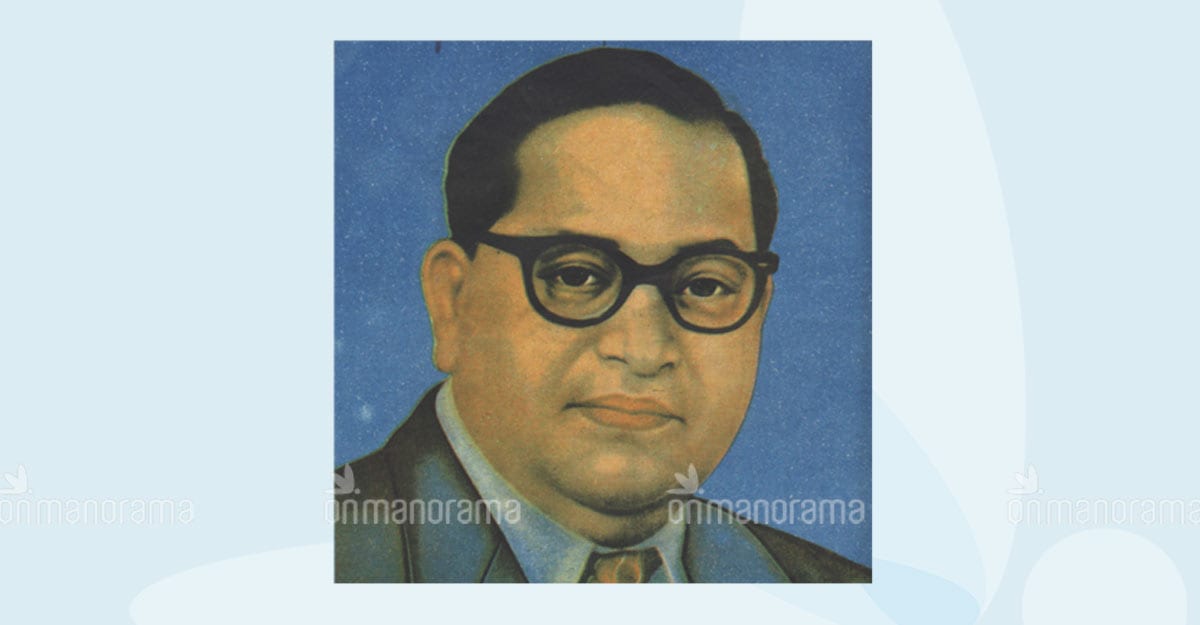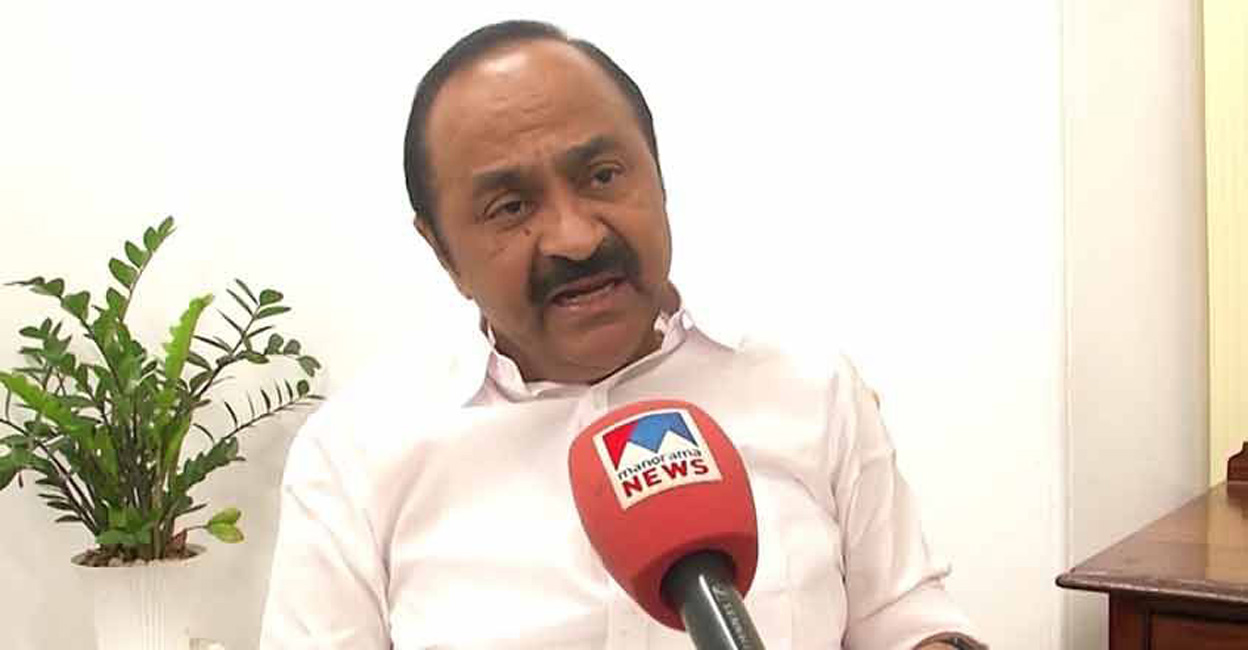Kerala Assembly passes unanimous resolution against UCC, but with two critical changes

Mail This Article
Kerala Assembly on Tuesday unanimously passed a resolution urging the Centre to withdraw from any move towards Uniform Civil Code.
"The Kerala Assembly is registering its deep concern and anxiety about the Central government's move to impose Uniform Civil Code. It is the sense of this House that this arbitrary and hasty move would annihilate the secular nature of the Constitution," the resolution, read out by Chief Minister Pinarayi Vijayan, said.

Nonetheless, the final resolution that was read out was drawn up after making two crucial changes in the draft resolution that was circulated to members.
One, a paragraph on B R Ambedkar's comment about Uniform Civil Code. It was taken out completely. The draft quoted Ambedkar as saying that in the initial stages, the adoption of UCC should be voluntary. It also quoted Ambedkar as saying before Independence that the UCC should be made applicable only to those sections who are willing to be part of a future Indian Parliament.

Before the resolution was passed, Muslim League MLA M Shamsudheen had pointed out that the translation of Ambedkar's words into Malayalam was problematic, virtually hinting that the draft had misquoted Ambedkar. The government found merit in Shamsudheen's argument, and to be on the safe side, edited out the entire paragraph dealing with Ambedkar's comment on the UCC.
The final resolution has Ambedkar references but suggests that he was not serious about the UCC, and also states that his stand in the Constituent Assembly bolstered the idea of unity in diversity. "Even Ambedkar who had said that Parliament could try to create a uniform civil law by vesting with the individual the right to choose personal laws has not said it was compulsory. He was merely pointing out a possibility. That is also why the UCC was contained within the Directive Principles," the resolution said.
The second change was in the final paragraph in the draft, which gave the impression that a Uniform Civil Code is acceptable after wide discussions. Here is what the original draft said: "When it comes to issues that affect people as a whole, the legislative process should begin only after holding adequate consultations with states and various stakeholders. The House also urges the Centre to retreat from its plans to impose Uniform Civil Code."

Opposition Leader V D Satheesan said that the last part of the draft had diluted the determination with which the House wanted the UCC move absolutely scrapped. "The UCC should not be implemented under any circumstances. This is the sense that should be reflected in a unanimous resolution," Satheesan said.
The last paragraph was then replaced with a single sentence. "This House is unanimously urging the Centre to withdraw from any move towards Uniform Civil Code, which would have great impact on the lives of people in the country."
Even then, the resolution has left open-ended the idea of Uniform Civil Code. It says the UCC as conceived in the Constitution was a policy that should be realised gradually through consensus and after consultations with various religious groups.

